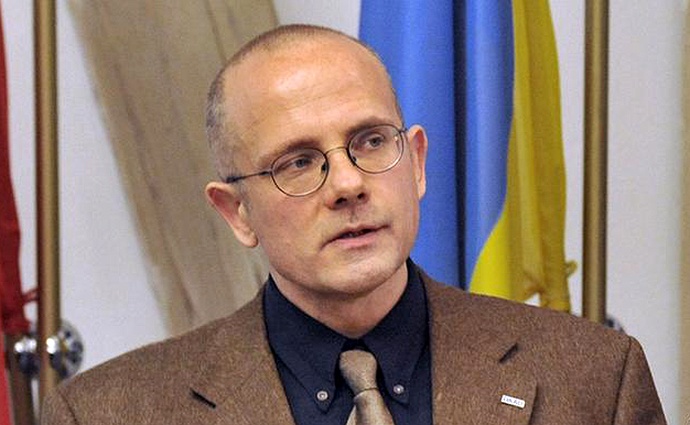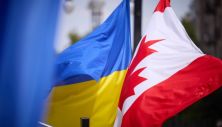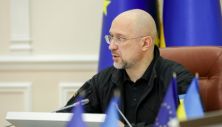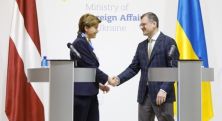Andreas Umland, Analyst in the Stockholm Centre for Eastern European Studies at the Swedish Institute of International Affairs (UI), assistant professor of political science at Kyiv-Mohyla Academy, in his commentary for UA TV Channel outlined Germany’s perspective towards the current situation in Ukraine.
“Ukraine and Germany had unsuccessful quarrel around the weapons supply. But German society actively discusses this issue. The old Ostpolitik policy is harshly criticized. Moreover, this refusal to supply weapons has nothing to do with Ukraine and Russia-Ukraine conflict – this is an old Berlin’s policy, it has been adhering to this policy for several decades,” Andreas Umland stated.
“In 2014, many German media tried to give a “balanced” view of the situation in Ukraine, including the Russian interpretation of what was happening in Eastern Ukraine. Now Germany, has changed its understanding of this conflict – there are no fundamental disputes like it used to be in 2014,” the expert underlined.
Related news: 93,902 truce violations observed in Donbas over 2021, – OSCE report
Ukraine has sent an official request to the German government for support in the form of “defensive” weapons, according to a newspaper report. A number of NATO allies – the US, the UK, and the Baltic states – have supported Ukraine by sending arms to Kyiv. Official Berlin has clearly articulated it would not follow suit. Berlin has offered 5,000 protective helmets and assures it favors a diplomatic solution though. On Ferbuary 7, German Chancellor Olaf Scholz paid an official visit to Washington to coordinate policies with President Biden on deterring Russian full-fledged invasion.
German Foreign Minister Annalena Baerbock has visited Ukraine on February 7. Baerbock did not force Ukraine to make concessions on the issue of resolving the Donbas conflict, Ukraine’s MFA head Dmytro Kuleba reported after the talks with his German counterpart.
Read also: Czech, Austrian, Slovakian MFA heads start their two-day visit to Ukraine













